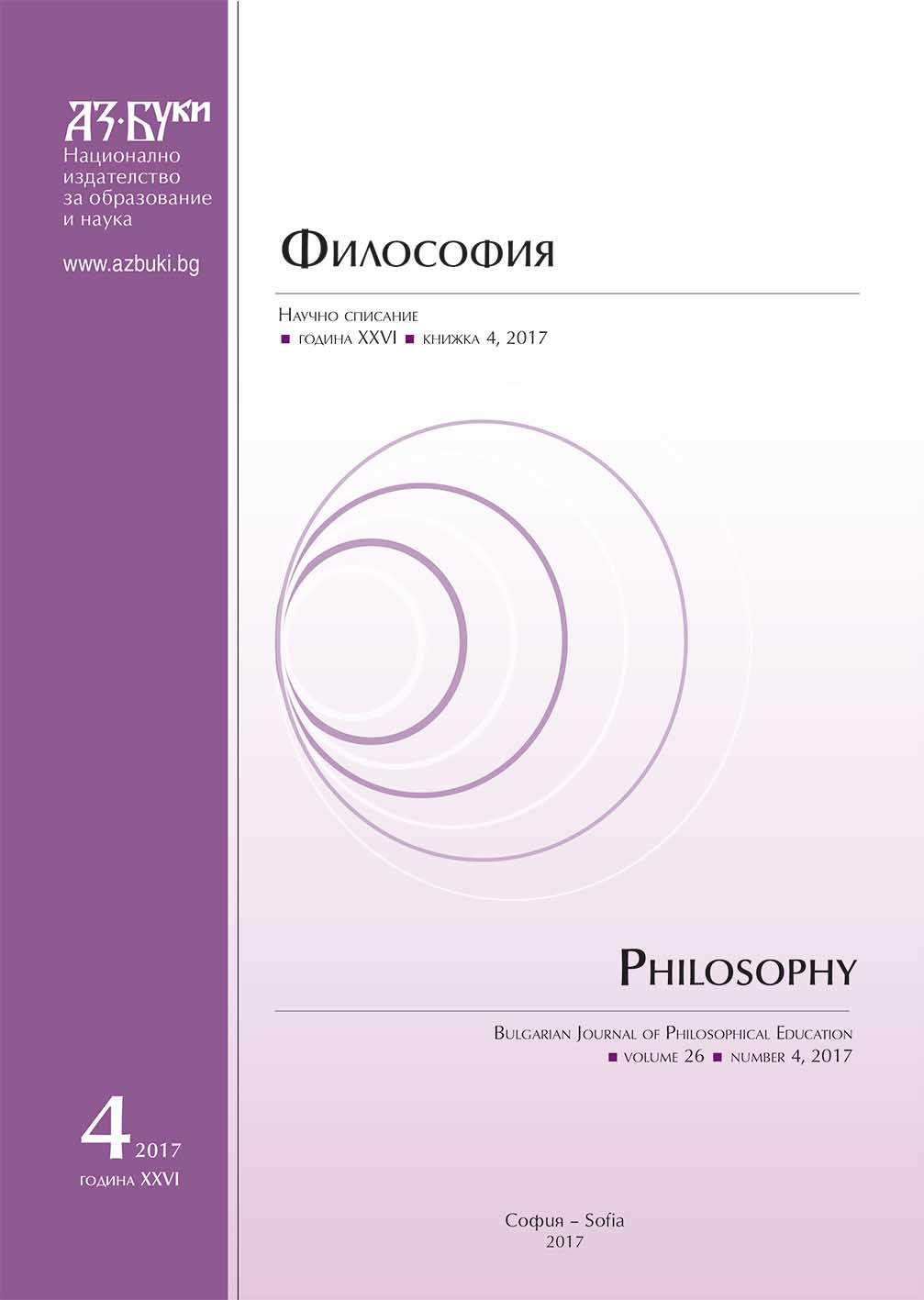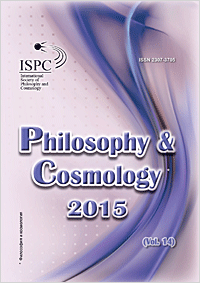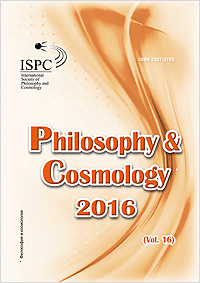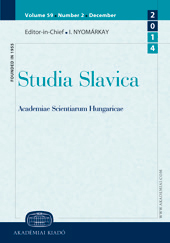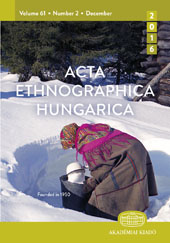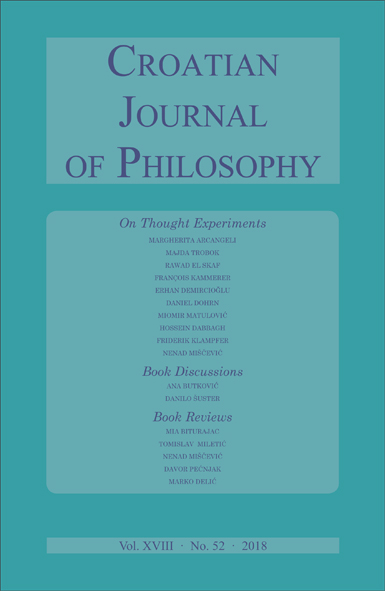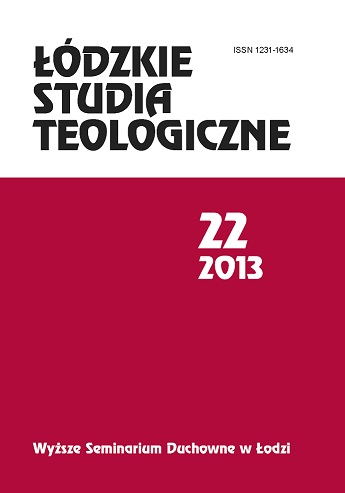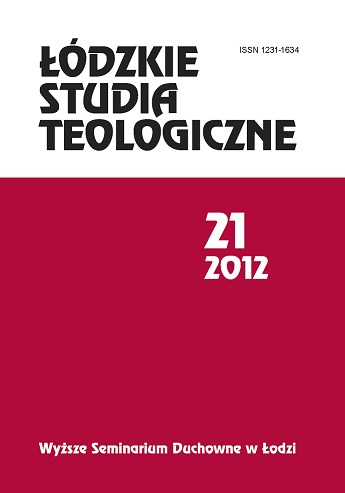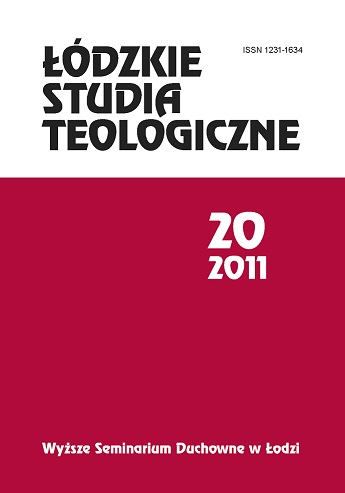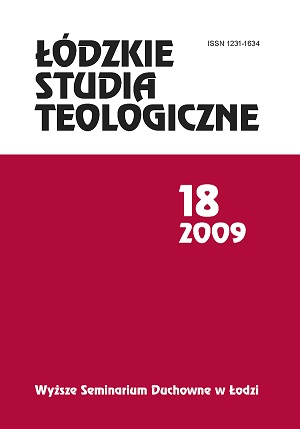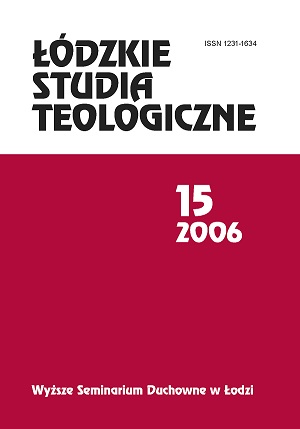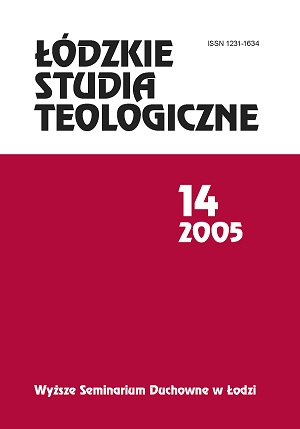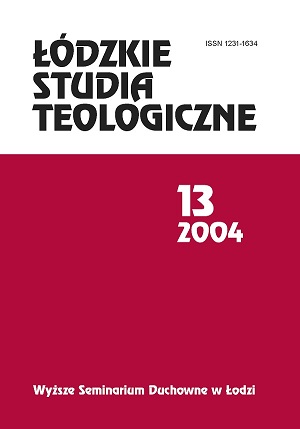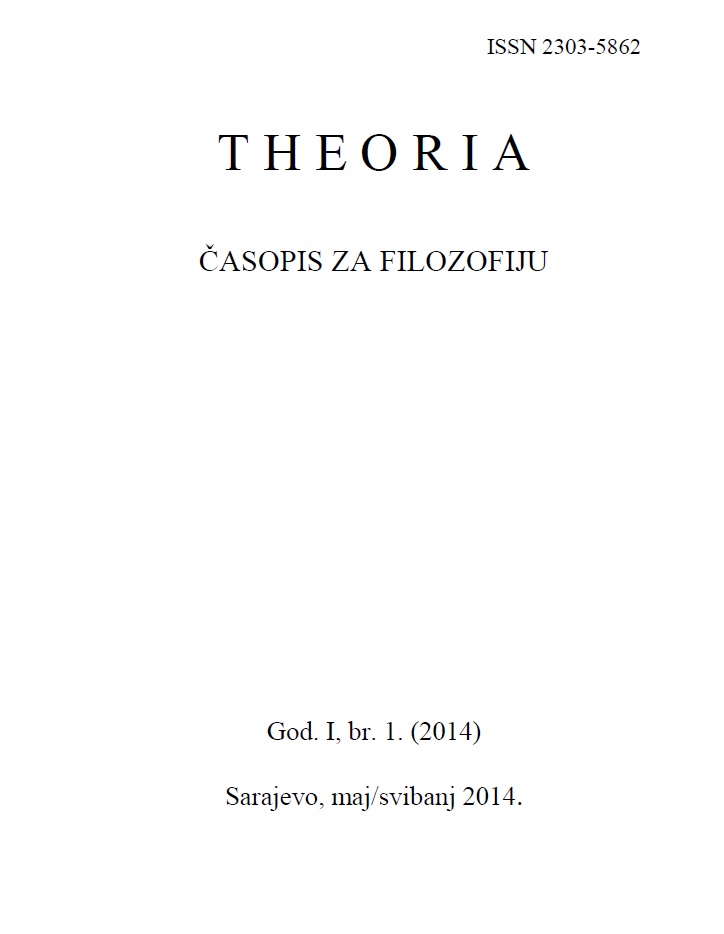
Značaj razumijevanja svijeta
Heidegger's understanding of the world as the place where the existence (life) takes place is determined by man's being in the world and thinking which is reasonably to be in the world. That is how existence and the world are shown as the basis for building a sense. In that direction, we recognize the world and (there – being) Da – Sein in the world as the basis for every possible construction and understanding of the sense, in which we understand life and relations in the world, and that is actually our own experience. Being in the world is the interpretation and understanding of the Da – sein, of to being in the world in which he understands his existence and attitudes that are an integral part of his existence in the world. The world comes as a result of the creativity of the Da – Sein, where the man understands himself and others beings in the time, he understands his own existence and that is how he builds spheres in which he understands life and truth. The world as a place of understanding and interpretation of everything that can happen to Da – Sein is the possibility of all knowing, because everything that cognition determines is determined by the reality of the reality, or, the world in which the reality of life happens as an experience. Perhaps Heidegger's philosophy is the place where the world is clearest shown as a place of building the sense because we are already in the world for Heidegger, and that is what determines us and what enables understanding and attitude towards life, existence and truth. The Existing Man, as a Da – Sein, understands the way of his existence, opens the possibilities for understanding and interpreting his existence as a place of understanding of himself and understanding of others with who he is in his existence.
More...
